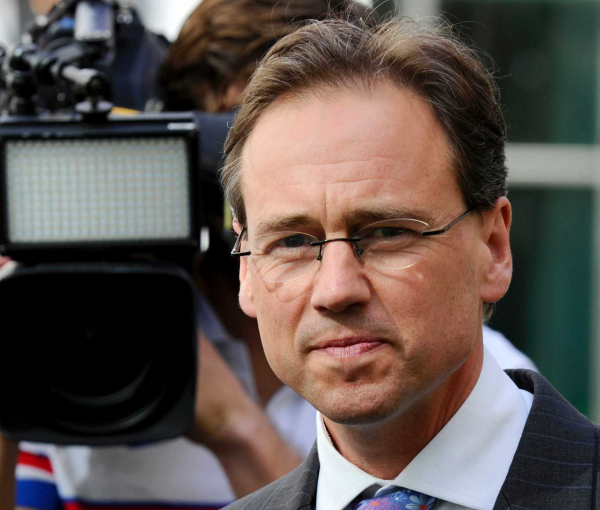Private health is fundamental to Australia's health system while 'harvesting' of privately insured patients by public hospitals is unacceptable, according to health minister Greg Hunt.
Speaking at last week's Private Healthcare Australia conference in Melbourne, Mr Hunt said the public-private mix in Australia underpinned what is "the best system in the world."
As he prepares to consider submissions from private health insurers for next year's premium increases, the minister said Australians "value it immensely".
"People scrimp and save to retain their private health insurance because they believe in choice and want peace of mind," he said.
"They do have two great concerns. Affordability is one, with annual premium increases of around 5.6 per cent over the past decade, and they also want no surprises. 'I thought I was covered' is a common complaint.
"Working to address these concerns underpinned what we did with the recent reform package."
The reforms (view complete list of reforms here) included the introduction of a Lifetime Health Cover discount, a further $300 million in savings from the Prostheses List along with a strategic agreement between government and the medical device sector, the introduction of product categories (Gold/Silver/Bronze), an extension in coverage for mental health services and the development of standardised clinical terminology.
"These reforms will ease upward pressure on premiums with health insurers committed to passing on the full benefit of prostheses price reductions to consumers."
Mr Hunt said the Turnbull government's approach to reform since last year's election has been premised on a number of 'pillars'.
The first was primary care, pharmacy and the medicines industry, with new reforms and agreements with the sector's key representative groups.
The second has been private health, including prostheses pricing, with the need to avoid the risk of repeating the "early 1990s scenario" when the number of Australians with private health insurance dropped dramatically. "This put pressure on public hospitals," said Mr Hunt.
Additional pillars relate to mental health and a doubling of funding for medical research through the Medical Research Future Fund.
"The next challenge is hospital funding and the renegotiation of agreements with the states and territories," he said, adding the "harvesting of private patients" by public hospitals is unacceptable because of the impact on waiting lists.
A recent discussion paper from the Department of Heath found that, if the number of private patients in the public sector had grown at the same rate as private patients in private hospitals since 2010-11, private health insurance premiums in 2015-16 would have been about 2.5 per cent lower.
